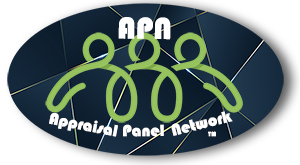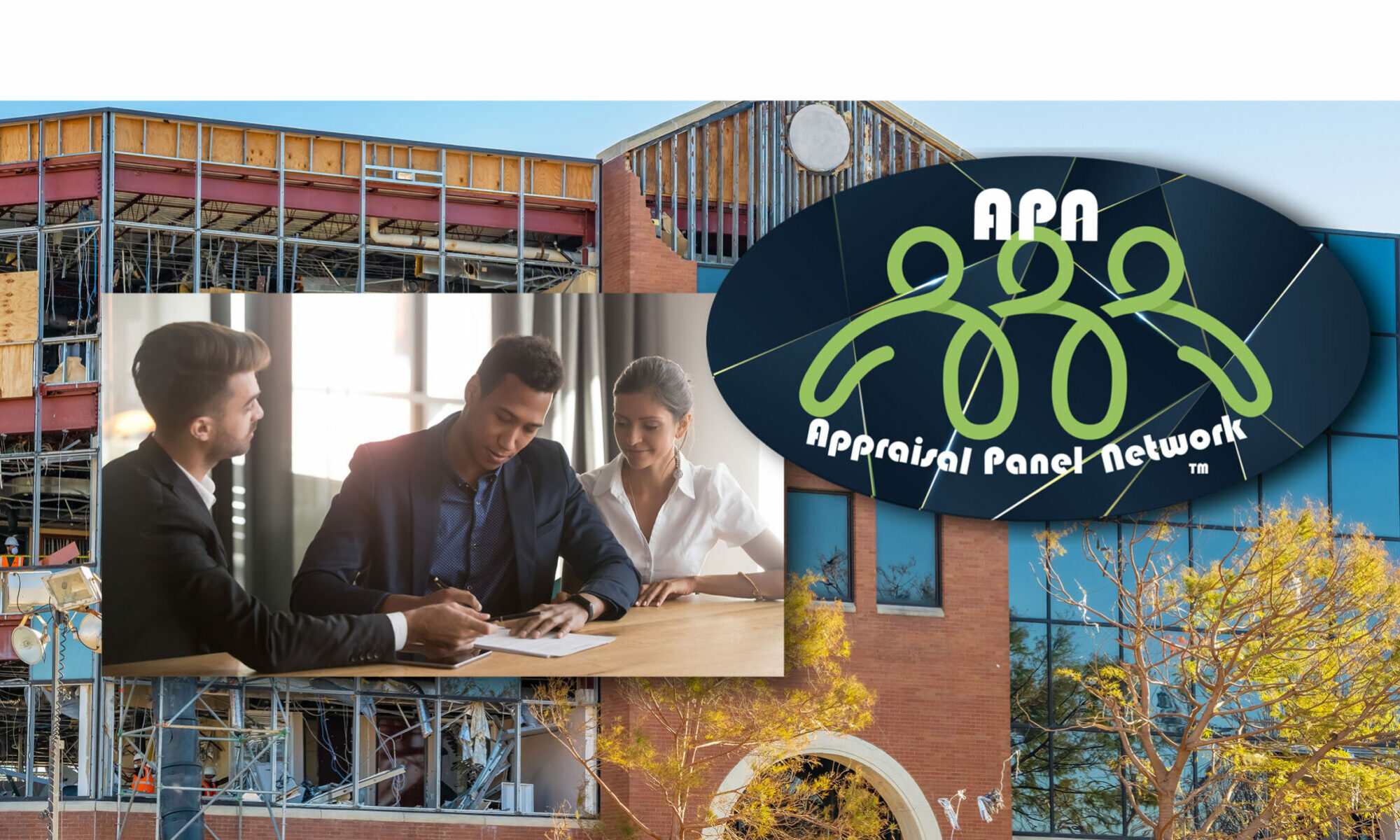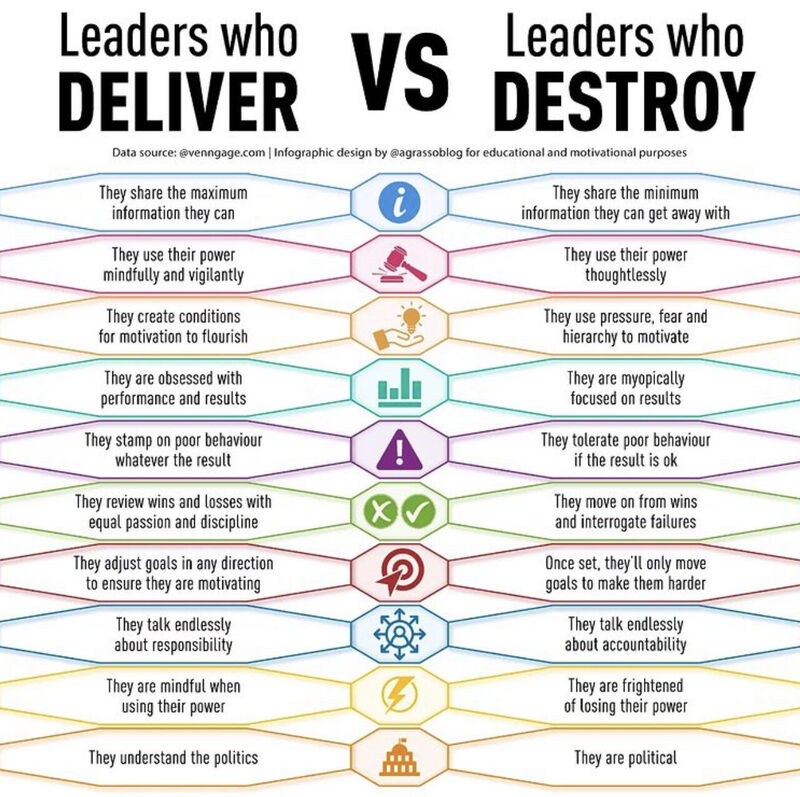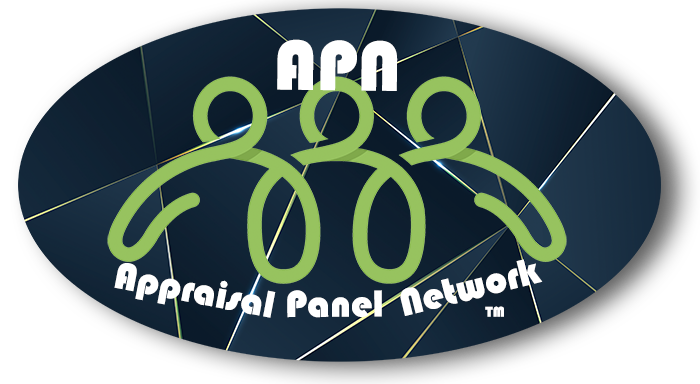
The Fatal Funnel
The “fatal funnel” is a term used to describe the most dangerous locations for law enforcement officers. These areas are extremely hazardous because they offer limited protection from potential assailants and provide restricted visibility of an area or situation. This makes them ideal places for criminals to ambush unsuspecting police officers, as well as strategically set up traps that may be difficult to avoid.
Law enforcement officers must always remain vigilant and aware of their surroundings when in potentially dangerous environments like these. They should use tactics that provide cover and concealment while still allowing them to assess a situation before entering it.
Officers can also take advantage of defensive positions such as “extreme angles” which give them a better view of the situation and allow for more reaction time.
Lastly, officers should always be prepared to take action when entering a potentially hazardous environment, as they never know what is waiting on the other side.
I have a great deal of respect for the courage and dedication that law enforcement officers and all first responders have. Thank you for your service!
I realize the Law enforcement level of danger does not rise to that level in our industry.However we can learn a lot from the similarities and apply some of the same strategies to our everyday life and our work place.
Some of the most common and obvious examples include walking roofs, walking through abandoned buildings after a storm, travel to the site while driving through debris and unfamiliar territory, meeting with unknown people and then going inside a building with them, and encountering defending pets.
After a catastrophic weather event many dogs and cats are left behind to survive on their own and become feral. Then you have wild animals that are non-domesticated species that live in the wild. These would include snakes, spiders, alligators, hogs, and crocodiles. In some cases, there have even been dangerous animals that escaped from zoos after a hurricane, tornado and even fires. All of these, domesticated, feral, and non-domesticated animals can be and most likely are afraid, displaced, hungry, confused, defensive, territorial and are in no mood to deal with you.
After a large weather event first responders, and adjusters are under a lot of pressure and time constraints. There never is and never will be enough daylight to get everything done you need to do. Slow and even stopped traffic, closed roads and bridges, long lines at the gas station if there even is gas or electricity to pump it. Weak or no cell signal to let your appointment know you’re running late. Searching for food, water and sleeping accommodations.
Vacant dark buildings, no electricity, downed trees, and uprooted foliage typically result in blind cover or concealment and limit the ability to assess a situation before entering it leaving you vulnerable and exposed to potential harm. In addition, to animals, squatters, and burglars may be inside.
Other issues are exposed nails, splintered wood, unstable roofs, walls, ceilings and floors. Standing water can be very dangerous if the electricity has not been turned off. Leaking gas lines, downed power lines and other hazards need our consideration.
These are physical “fatal funnel” examples. What about the intellectual “fatal funnel” examples. Communication with stressed policyholders, contractors, adjusters, law enforcement and other service providers. Preparing for depositions and getting ready for court testimony, building codes, zoning, manufacturers installation requirements, inspection protocols, accurate estimates and convincing report writing are all “fatal funnel” considerations.
The “fatal funnel” can be a harrowing and even dangerous experience for all of us. However, with proper preparation and tactics, you can minimize your chances of being put into a vulnerable situation. Take the time to assess the environment and situation before you find yourself in the thick of it. By planning your day, your routine, pending meetings and conversations, you can reduce your risk and increase your chance of emerging unscathed from a dangerous or uncomfortable situation.
The “fatal funnel” is an often misunderstood concept that can be the difference between success, failure, getting hurt, and even life and death for any stakeholders involved in catastrophic weather events. By understanding the dangers associated with these areas, you can take steps to protect yourself and remain safe during your daily activities. With proper training and preparation, you can safely traverse the “fatal funnel” and come out on top of any situation.
Remember, knowledge is power. Like the law enforcement officer, be aware of your surroundings and know the risks associated with entering a potentially hazardous environment. With the right tactics, you can reduce your risk and safely traverse the “fatal funnel”.
If you would like more information on specific “fatal funnel” topics, tactics, team or individual training how on you can reduce your risk and safely traverse the “fatal funnel” contact Brad at (813)940-7271.
Brad Hays










